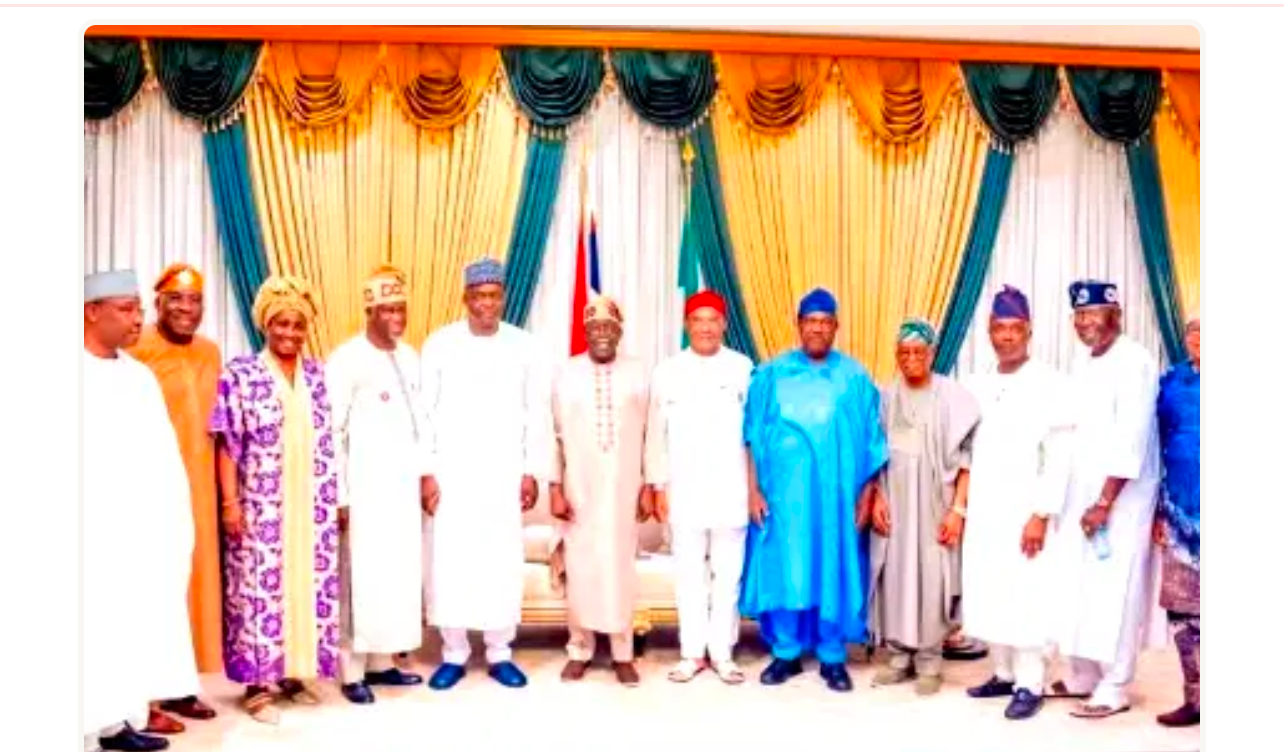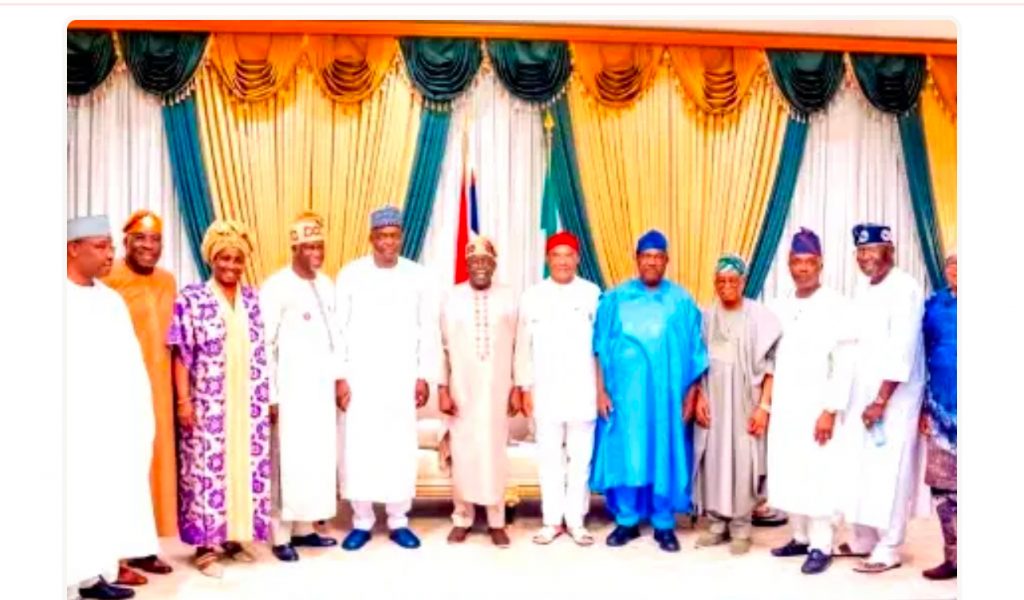The rating came after submissions by members of the Federal Executive Council (FEC) and key government officials.
They include the National Security Adviser (NSA) Nuhu Ribadu, Chief of Defence Staff (CDS) Gen. Christopher Musa, and governors, such as Chairman Northern States Governors’ Forum, Inuwa Yahaya (Gombe) and host Governor Uba Sani (Kaduna).
Part of the communiqué made available after the sessions said participants:
Called for substantial investment in education to address the out-of-school children crisis, especially in the North.
Summing up the outcome of the event, Minister for Information and National Orientation, Mohammed Idris, said: “The verdict from most northern opinion leaders, technocrats, and academics, amongst others, is that the Tinubu Administration is a pro-North in all ramifications – from appointments to spending on the region in infrastructure, health, education, agriculture, livestock, housing, and the unprecedented opportunity it offers for the northern youth.
“The ministers and heads of parastatals who attended the event performed creditably in communicating the achievements of President Tinubu.”
Four ministers – Atiku Bagudu (Budget and National Planning), Muhammad Ali Pate (Coordinating Minister, Health and Social Welfare), Saidu Alkali (Transportation) and Aliyu Abdullahi (Minister of State for Agriculture and Food Security) took turns yesterday to reel out what the government had done.
They provided proof that the North had fared well under the Tinubu Administration.
The event served as a platform to assess the administration’s performance and renew calls for more inclusive and transparent governance.
The communiqué reads: “In line with its objective of deepening dialogue between critical stakeholders and the public to drive inclusive decision-making, the Sir Ahmadu Bello Memorial Foundation (SABMF) hosted a two-day interactive session on Government-Citizen Engagement themed ‘Assessing electoral promises: Fostering Government-Citizen Engagement for National Unity’ at the Arewa House, Kaduna, from 29th to 30th July 2025.
“The Chairman of the Governors’ Forum, HE Abdulrahman Abdulrazaq, represented the President, HE Bola Ahmed Tinubu, GCFR, while Dr. Aliyu Modibbo Umar, Special Adviser to the President on Special Duties (Office of the Vice President), represented HE Vice President Kashim Shettima, GCON.
“The engagement featured representatives of the Federal Government, led by the Secretary to the Government of the Federation (SGF), Senator George Akume and included the National Security Adviser, members of the Federal Executive Council, heads of federal agencies, Chief of Defence Staff and security chiefs from the Northern part of the country.
“The event brought together government officials, security agencies, civil society organisations, academics, traditional and religious leaders, private sector representatives, and development partners to deliberate on electoral promises, governance, and strategies to strengthen citizen engagement for national unity.
“In attendance, also, were the leaderships of the Sir Ahmadu Bello Memorial Foundation, led by HE Muazu Babangida Aliyu, CON and the Arewa Consultative Forum, led by Alhaji Bashir Dalhatu,
“In addition to opening remarks and goodwill messages, the Foundation acknowledged the graciousness of President Bola Ahmed Tinubu in sending a high-powered delegation to the interaction, continuing the tradition of engagement that began with the October 17, 2022 session, as part of engagement with the 2023 presidential candidates.
“The keynote address, delivered by Prof. Tijjani Mohammed Bande, GCON underscored critical regional and national challenges, which, he said, were not in isolation from international events.
“Citing examples with other countries, he said Nigeria has shown resilience in tackling insecurity, poverty, and educational deficits. He advised the North to develop a mechanism for negotiating its interests within Nigeria that should be anchored on holistic national development goals.
“The interactive session reflected Northern Nigeria’s position, emphasising the region’s central role in sustaining Nigeria’s political stability and economic growth, and recognising its overwhelming electoral support for the victory of President Bola Ahmed Tinubu.
“The session also featured plenary discussions across thematic areas of national security, governance and economy, agriculture and food security, infrastructure development, and human capital development.
“Stakeholders commended the government’s high and commendable performance in fulfilling many of its electoral promises, particularly in security, infrastructure, and economic reforms.
“At the end of the exhaustive and frank conversations over the two days, the summit makes the following observations and resolutions:
•The government demonstrated openness to dialogue and continuous citizen engagement.
•The administration’s delivery of electoral promises in security, infrastructure, and economic reforms was high and commendable.
•Northern Nigeria contributes significantly to national stability, development, and electoral outcomes.
•The problem of Almajiri and out-of-school children remains a key concern of Northern Nigeria.
•Major infrastructure projects are advancing, including highways, gas pipelines (AKK), oil exploration (Kolmani), and rural irrigation schemes.
•Agricultural value chains and rural industrialisation are crucial for employment and food security.
•Strengthened federal-state collaboration is essential for regional prosperity.
•Made a case for institutionalised periodic government-citizen dialogue platforms at the national and state levels.
•Commended the government’s high performance in delivering electoral promises in many areas, especially security, infrastructural development
•Praised the increased equitable resource availability to
•Called for increased and accelerated infrastructural development in Nigeria; strengthening of agricultural value chains, livestock development, and establishing agro-allied industries for economic diversification;
•Continued support for economic and security reforms with inclusive, community-driven, non-kinetic methods.
•Promote responsible media practices to enhance public trust and national cohesion.
•Foster regional collaboration among Northern states to drive greater interface with the federal government.
“Participants called for more commitment to transparency, fairness and equity as elements that would foster national unity and sustenance of our democracy.
“They further call for continued collaboration among government, citizens, and all stakeholders as the surest path to peace, justice, and prosperity in Nigeria.”
Chairman of the Foundation’s Board of Trustees, former Niger State Governor Dr. Mu’azu Babangida Aliyu, called on the North elite to rise above political differences and reclaim their collective responsibility toward regional progress.
He lamented the erosion of shared values and fragmentation of leadership voices in the region, noting that, unlike in the past, today’s political class has failed to speak with one voice or uphold the legacy of unity and vision exemplified by leaders like Sir Ahmadu Bello.
“No politician from the North can claim today that we don’t have people in government.
“What we need is to own them, guide them, and ensure they act in our collective interest,” Aliyu said.
Coordinating Minister of Health and Social Welfare, Pate, said: “The Federal Government, through the Basic Health Care Provision Fund, had disbursed over N20 billion for the funding of 4,362 PHC centres across the 19 Northern states and FCT, over the last two years.
“At least 274 projects had been executed across 35 tertiary hospitals in the Northern part of the country, serving over 4.5 million outpatients and 1.6 million inpatients.
Kaduna–Kano Rail project ready next year
Transportation Minister Alkali described the North as one of the biggest beneficiaries of the Tinubu Administration’s infrastructure drive.
He assured that the Kaduna–Kano standard gauge rail project, which was at 15 per cent stage in May 2023, would be completed next year.
According to him, the Kano–Maradi rail line had also seen massive progress, moving from five per cent to 61 per cent completion, with sections of the Port Harcourt–Maiduguri narrow gauge rail corridor also underway.
He added that the ministry has also begun the rehabilitation of the Lagos–Kano narrow gauge line to support freight movements and bring the inland dry ports into full use, particularly in Kano and Kaduna.
The minister described the Sokoto–Badagry Superhighway, a 1,068-kilometre stretch linking Sokoto, Kebbi, Niger, Kwara, Oyo, Ogun, and Lagos states, as one of the signature projects of the government.
“The North is not left out. It is reaping big from this government’s infrastructure revolution. From roads and rail to inland ports and power, the evidence is on the ground,” Alkali said.
No more briefcase farmers, says Senator Abdullahi
“We are ensuring that only genuine farmers benefit from government programmes. No more briefcase farmers,” he declared.
The minister added that the declaration of a state of emergency on food security was still in effect, as the government continues to deploy measures aimed at increasing production, stabilising prices, and improving access to food.
“We met a food crisis and responded with data-backed, targeted actions,” Abdullahi said.
He said that the Agro-Pocket initiative alone cultivated over 133,000 hectares of wheat across 15 states in the North — exceeding the initial target of 130,000 hectares — with Jigawa accounting for over 50,000 hectares.
Abdullahi said one of the key steps taken was the development of a farmer data audit and registry to eliminate middlemen and “briefcase contractors.”
In the livestock sector, he said, government interventions included the development of grazing reserves, livestock villages, transit shelters, and the ongoing formulation of a national dairy policy.
Abdullahi called on North’s leaders and communities to reject impostors who manipulate the system and short-change real farmers.
Minister of State for Works, Bello Muhammad Goronyo, described the Sokoto–Zaria Highway as a vital economic corridor.
He said four contractors were currently on site along the stretch.

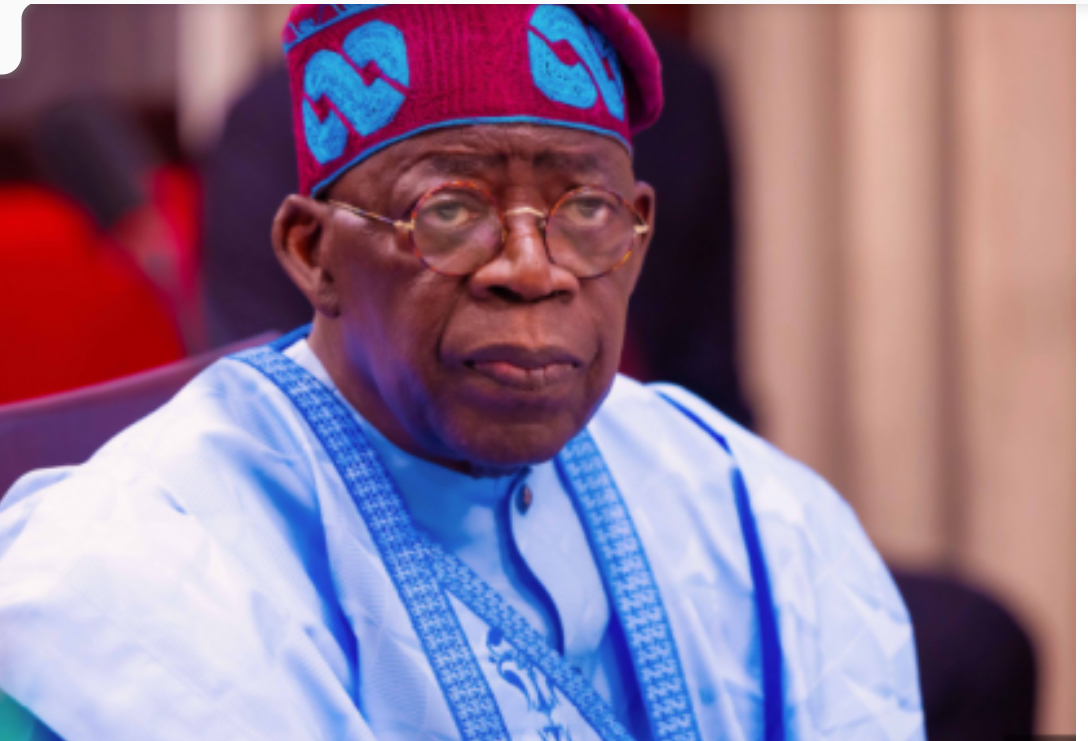
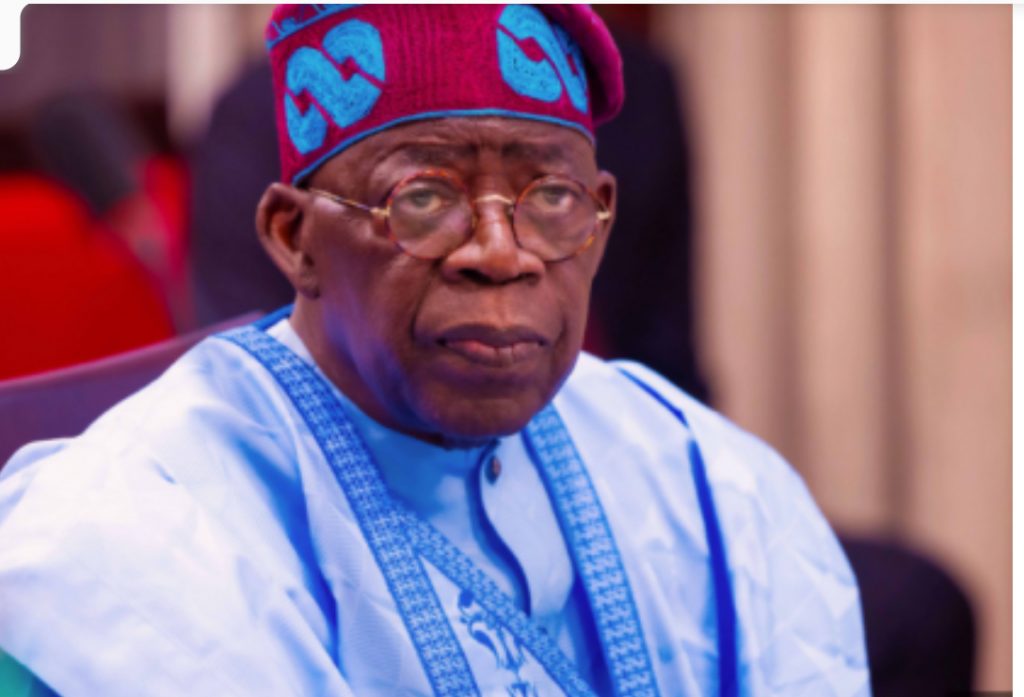 The North yesterday rated the performance of the President Bola Ahmed Tinubu Admistration high.
The North yesterday rated the performance of the President Bola Ahmed Tinubu Admistration high.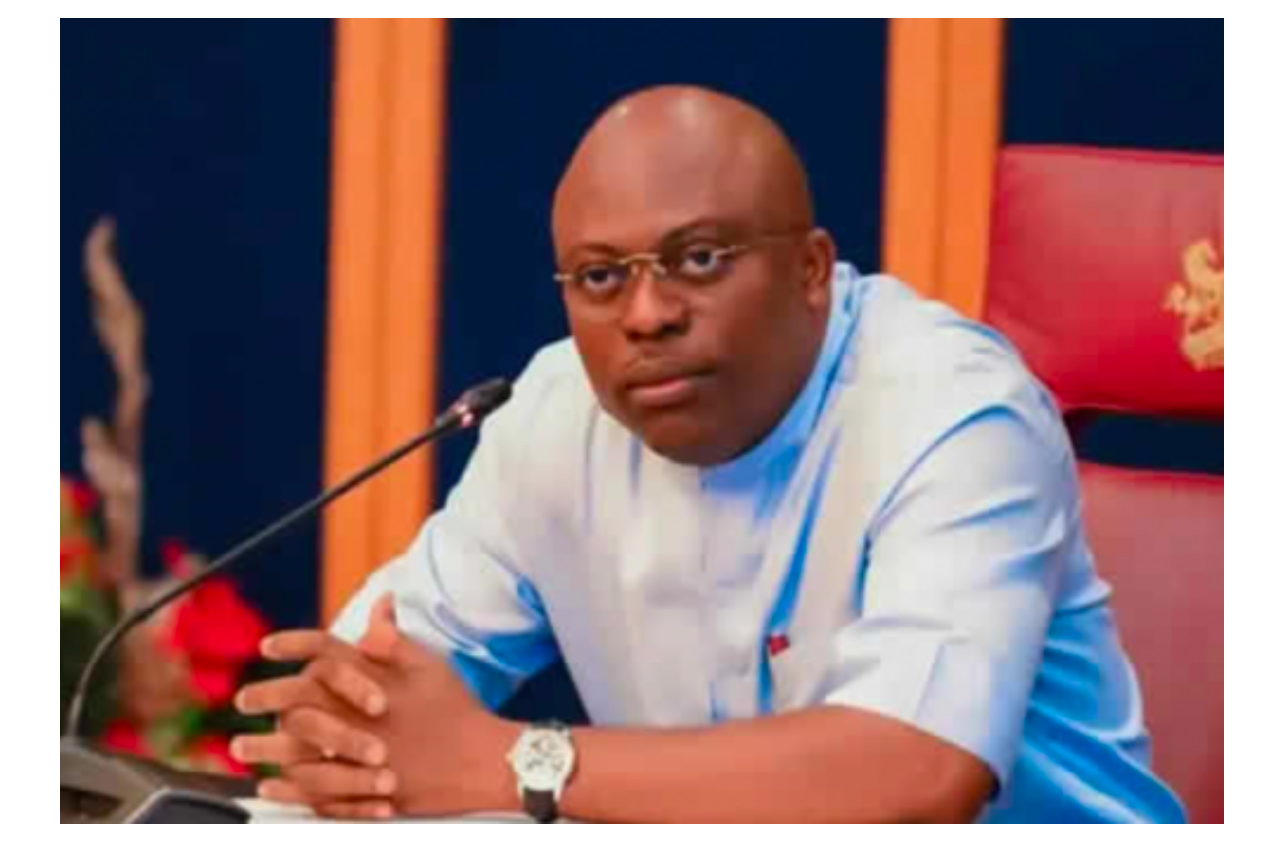
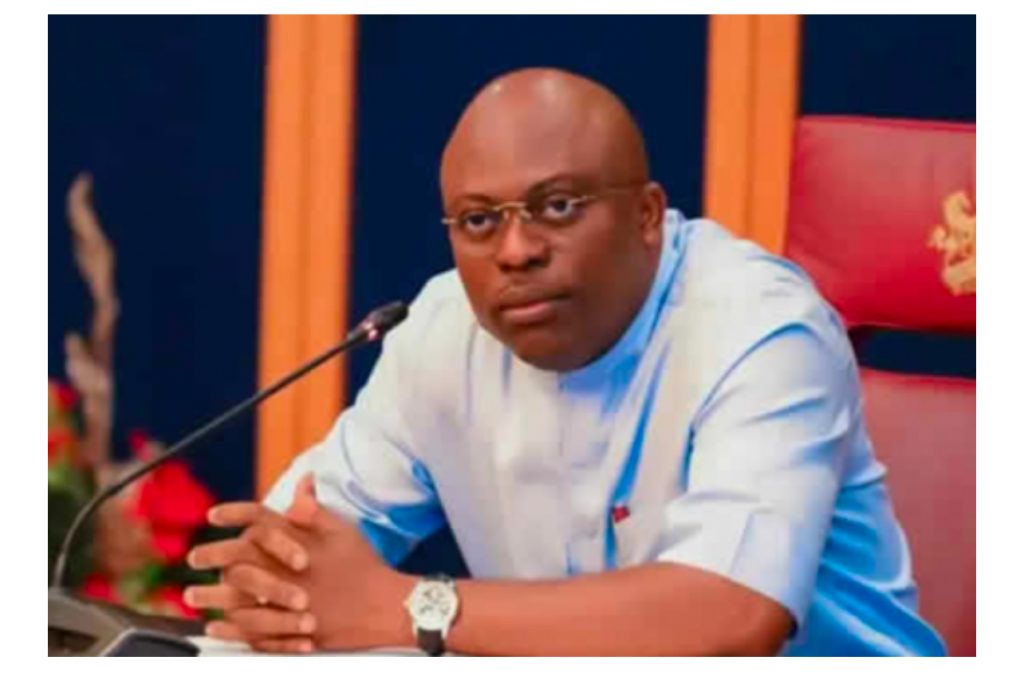
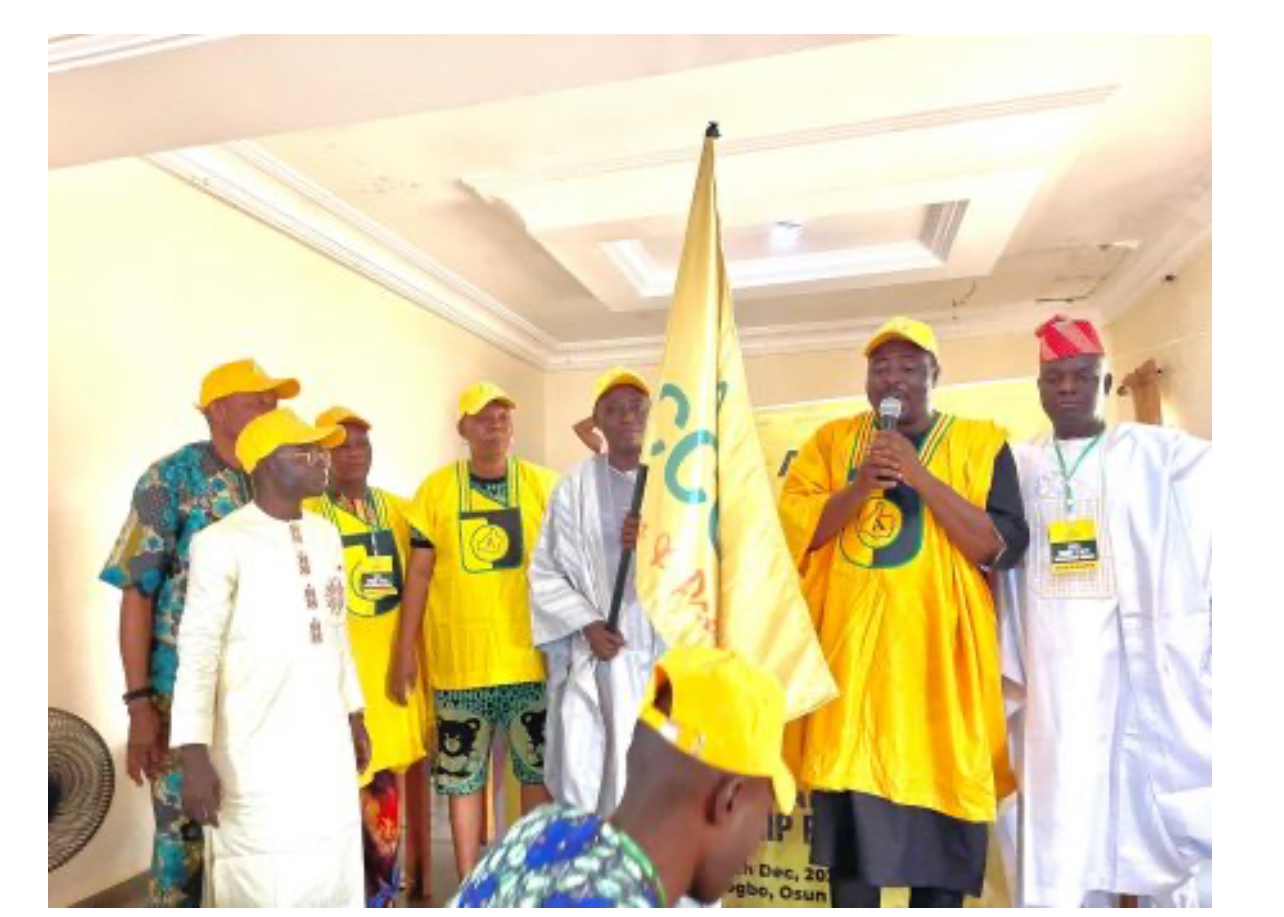
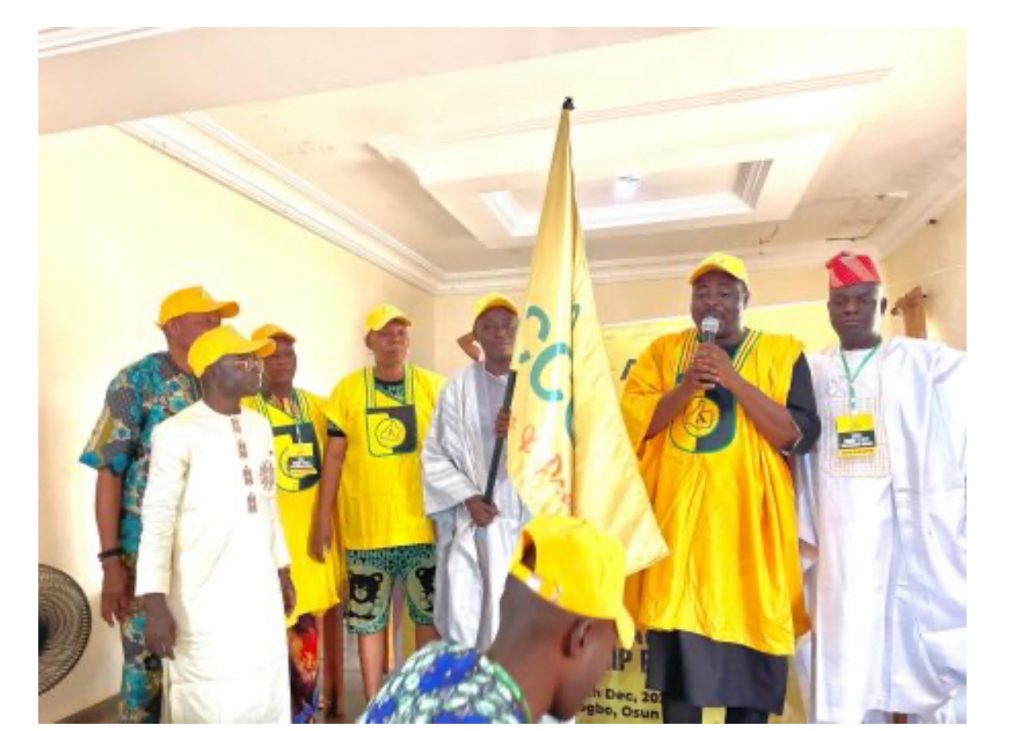 A faction of the Accord Party has produced Clement Bamigbola as its governorship candidate for the 2026 Osun State election, just four days after the emergence of Governor Ademola Adeleke as the party’s flagbearer.
A faction of the Accord Party has produced Clement Bamigbola as its governorship candidate for the 2026 Osun State election, just four days after the emergence of Governor Ademola Adeleke as the party’s flagbearer.